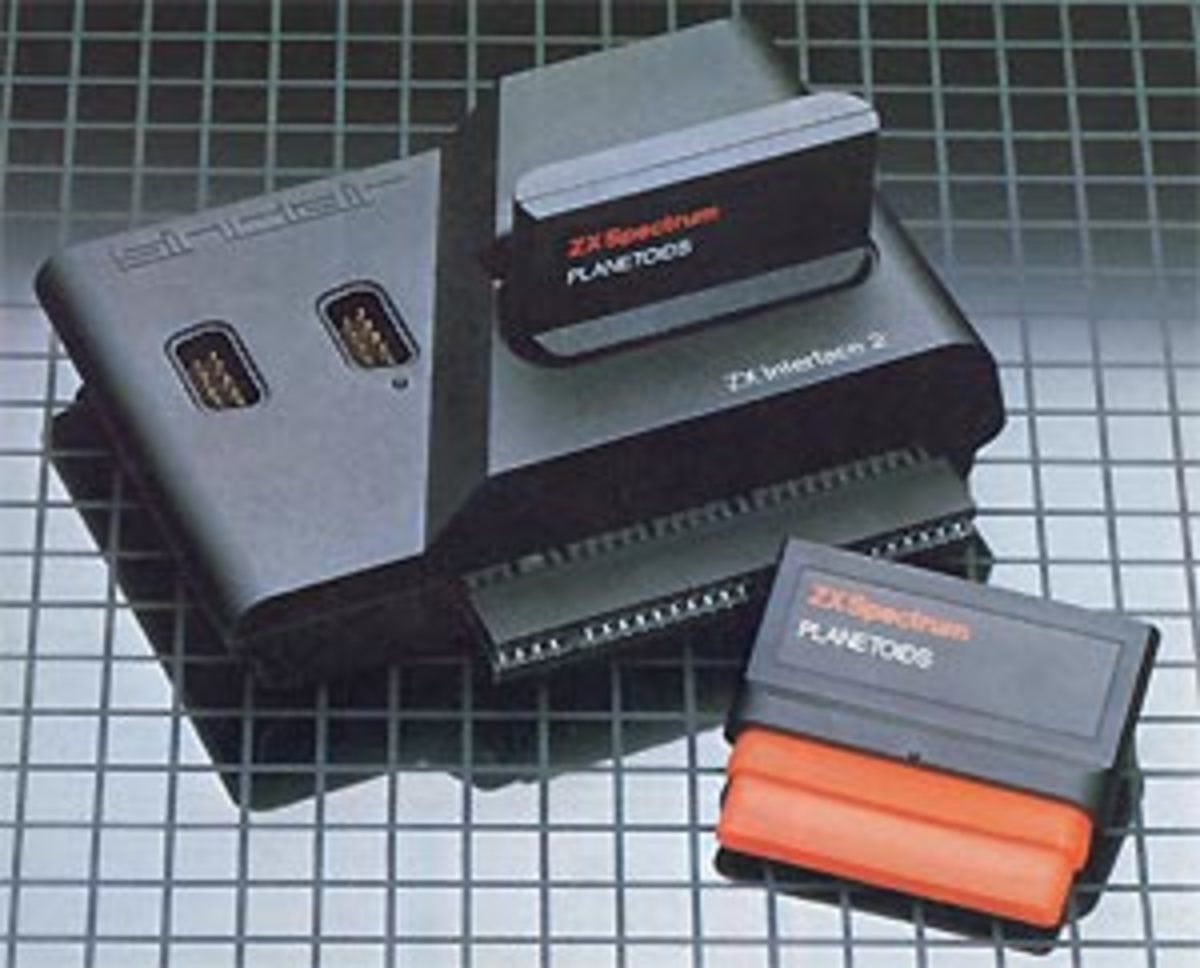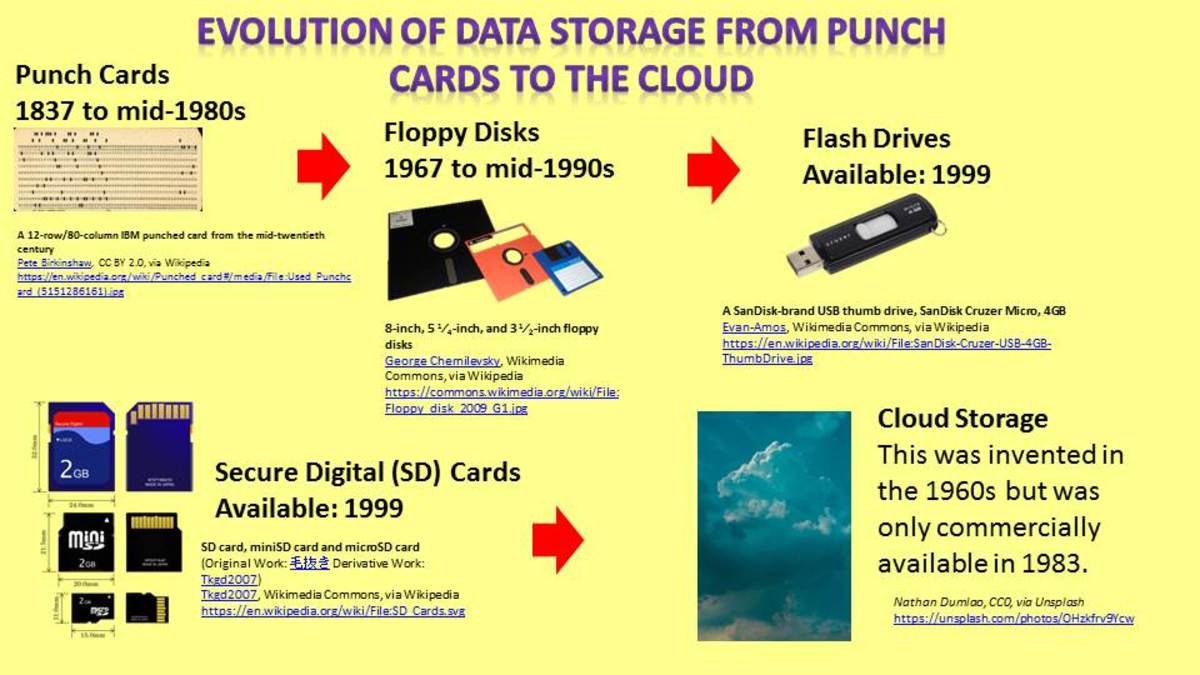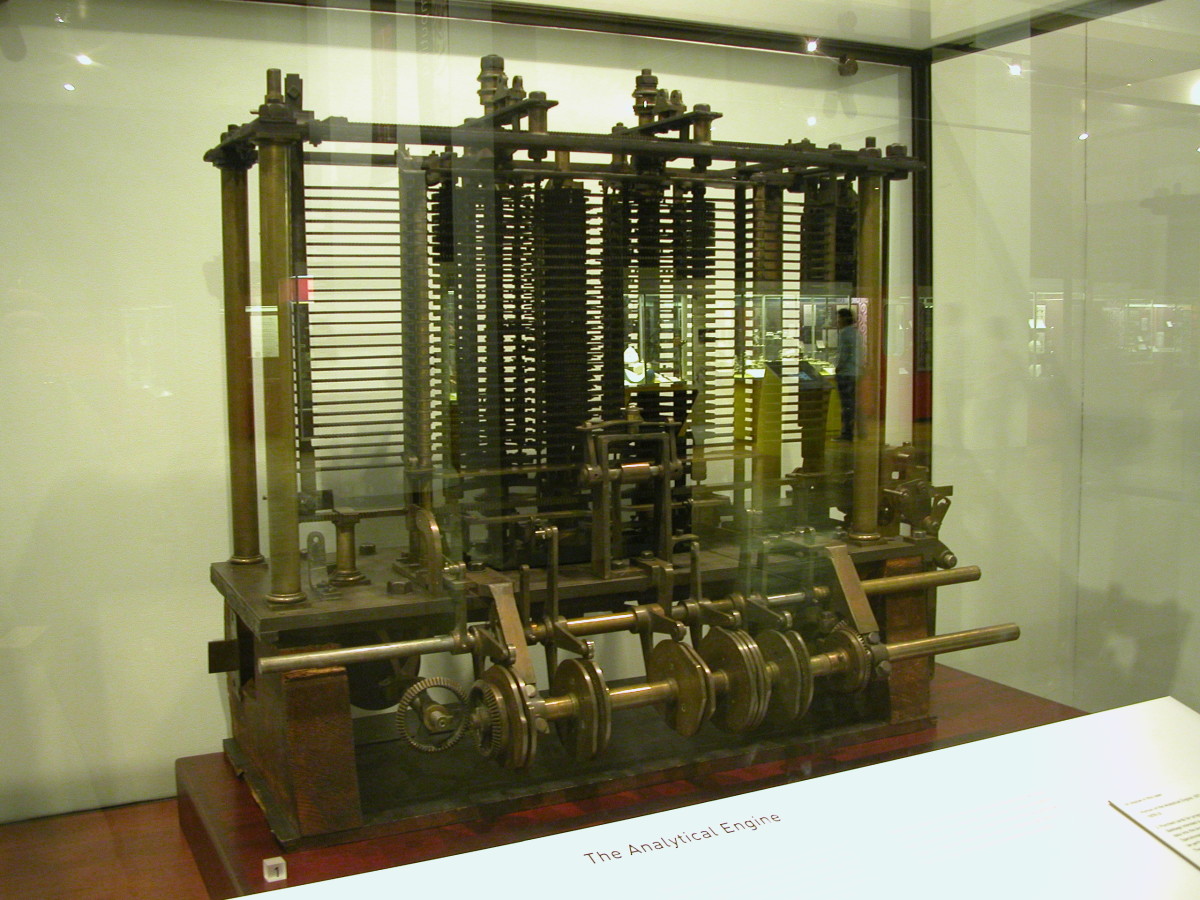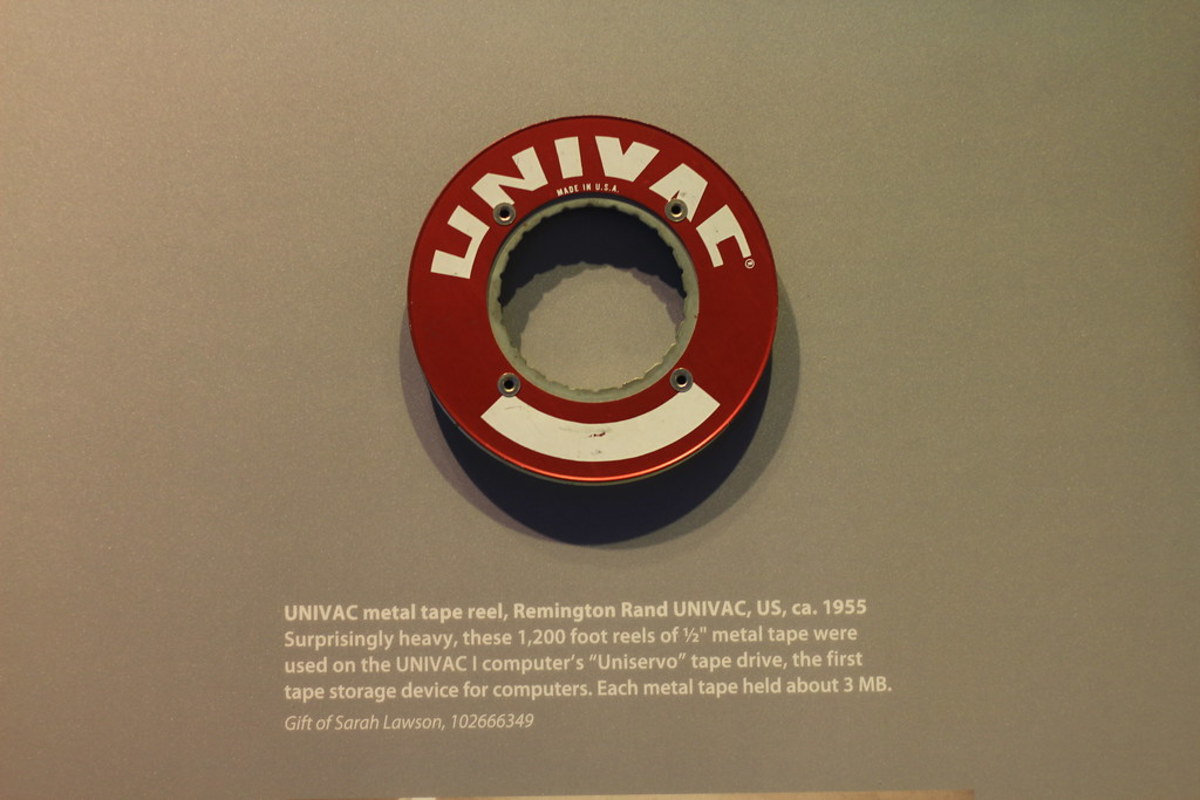Acorn Electron
The Acorn Electron
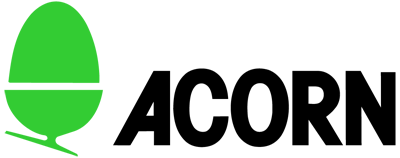
The Acorn Electron
The Acorn Electron was an 8-bit Micro manufactured by Acorn, who had also previously entered the home micro market with the Acorn Atom.
The electron was released in 1983. It was basically a budget version of the BBC Micro, or 'The poor man's Beeb' as it was known down our way ;-)
Realising that the BBC Model B could not really compete with the ZX Spectrum or Commodore 64 due to it's high price, Acorn decided to manufacture a sort of budget Model B to compete with those machines.
They were hoping to compete in the same price bracket and also to hopefully grab a corner of the computer games market.
So let's have a look at another fine 8-bit machine from the 1980's...
Acorn's failure with the Electron
Acorn did not manufacture enough Electron units initially when interest was high; they already were a respected name in the industry due to the success of the Acorn Atom and of course, the BBC Micro.
Consequently they did not manage to meet the demand for the machine, and the majority of purchasers decided to go with either the Sinclair ZX Spectrum, or Commodore 64 and a few even went for a now budget Vic 20. The purchasers figured this was better than waiting for Electron's to hit the high street.
By the turn of 1984, Acorn really ramped up production of the machine and attempted to meet public demand.
Sadly, interest by this point had fallen quicker than Tom Cruise's reputation, and the Electron had to gracefully admit defeat against the rolling juggernauts of the ZX Spectrum and C64 which were now the premier 8-bit machines for arcade gaming, text adventures and general home use.
Many Electrons never even made it into the shops and whatever happened to the massive stockpiles of hardware will forever remain a mystery.
What does an Acorn Electron look like?
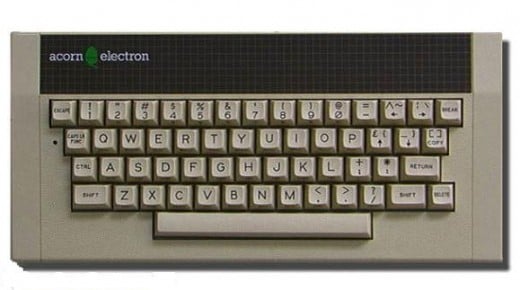
8-Bit Items on Amazon
Acorn Electron Capability
Compared to it's daddy (the BBC Micro), the Electron was quite basic with only one expansion port to play with.
Fortunately, Acorn quickly released the Plus 1 expansion pack offering two ROM cartridge slots, a parallel / centronics interface and a joystick connector. Now we're talking.
The built in Acorn Electron BASIC was largely derived from the famous BBC BASIC, which was a superb version of BASIC and great for the learner. The language was impressive with innovative features such as the ability to define real procedures with DEF PROC and END PROC, and it too included the handling of error events.
There was even an OLD statement which would recover a program erased by NEW. A complete assembler language was also stored in the 32K ROM for the real tech-heads to get stuck into. This was a superb feature it must be said.
The graphics capabilities were also very good for a computer in this category.
A text mode of up to 80 columns and a high resolution of up to 640 x 256 pixels with 2 colours was available. The custom ULA developed especially for the Electron handled the video display, the sound, and also the I/O communications. Features such as this were the real selling points of the Electron.
The sound generator inside the machine was pretty good, but not quite on a par with the BBC's hardware in this respect.
It was capable of one channel output, but three channel sound could be mapped to it and the output through the speaker, giving a rough approximation to proper three channel sound.
The mechanical keyboard was very responsive. BASIC statements were printed on most of the keys, allowing users to type them in one go 'keyword style'.
A brochure for the Acorn Data Recorder
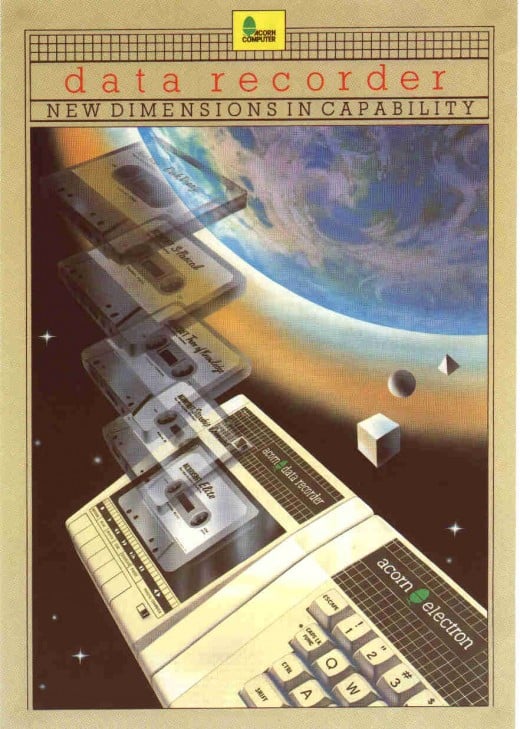
The Acorn Electron just didn't quite make it...
Another thing I always thought was quite cool was the small amber LED placed on the left part of the keyboard which indicated if you were in lowercase or uppercase mode. A nice simple yet useful feature and quite ahead of it's time.
Despite being more powerful in many areas than (dare I say it?) the ZX Spectrum (better keyboard, better sound, better built in BASIC) the Electron did not go on to sell well and suffered from a lack of certain software.
The 32KB of memory was also stumbling block as it really should have been blessed with more.
The machine itself was better looking than the BBC, and did not need a hydraulic fork-lift to move it around whenever you re-arranged your bedroom.
The beige coloured box and keys coupled with the grid pattern and Acorn logo across the top of the box had a certain visual appeal. It was certainly less serious looking than the Beeb and did not take up as much space.
Another decent machine from Acorn Computers that probably deserved more. With better marketing it could have been great as a home computer; a good 'all rounder'.
Some well known games made it onto the machine such as the seminal Elite, the Repton series, platform classic Chuckie Egg...
If you get the chance check one out.
Moon Raider on the Acorn Electron
Elite on the Acorn Electron
Chuckie Egg on the Acorn Electron
Chuckie Egg
Chuckie Egg is one of the most fondly remembered platform games of all time.
It made it onto pretty much every home computer of the era and even made it onto 16-bit machines such as the Commodore Amiga and Atari ST.
The Electron version was fast, playable and addictive. A true classic that proved that the Electron was capable of producing great arcade style games.
Arcade Classic Star Wars
The classic arcade game Star Wars (from Atari) also made it's way onto the Electron.
To be honest is wasn't quite as good as other 8-bit versions that graced the likes of the BBC Micro and ZX Spectrum - but it had attention to detail and was pretty much as good as you could expect on the Electron.
Not a bad version and if you liked Star Wars then you wouldn't go far wrong...
5 Games On The Electron - a quick montage...
Text Adventures on the Acorn Electron
The Electron was not only blessed with arcade style games - text adventures were also popular on the machine.
With titles such as the classic 'Adventure' and the cult-classic Twin Kingdom Valley those of us that enjoyed wandering mystical lands and finding our way through mazes were also catered for.
A broad range of titles were available for the Electron.
Steve Benway Plays Twin Kingdom Valley on the Acorn Electron
Useful Retro Links
- Acorn Atom
The Acorn Atom was the ancestor to the BBC series of computers manufactured by Acorn - AY Music
Great, great tunes - Commodore 16
The Commodore 16 was an 8-bit micro



